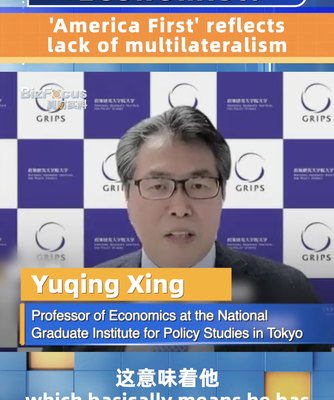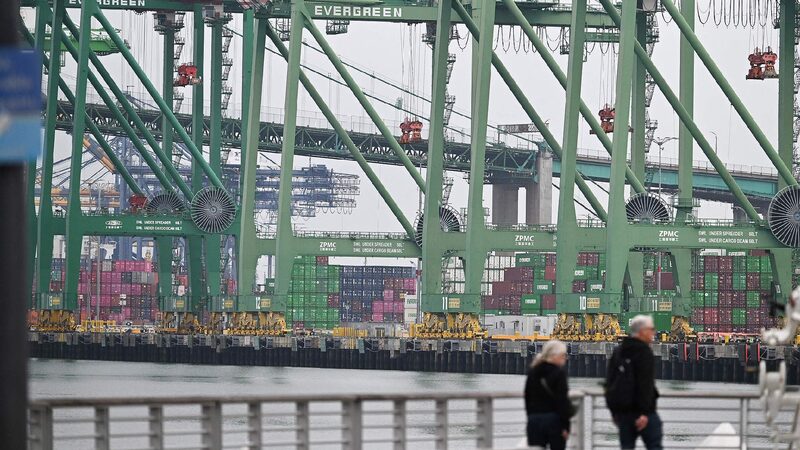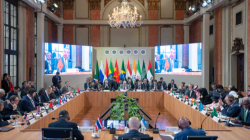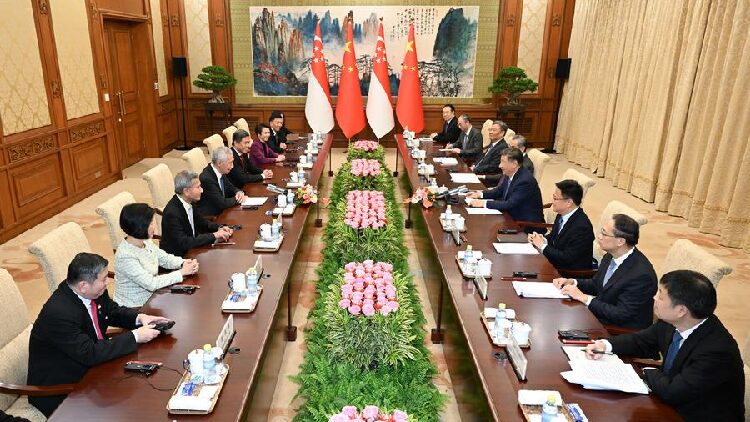Singapore — The Indo-Pacific region is undergoing significant transformations, and it’s not just due to the rise of China. According to Danny Quah, an economics professor at the National University of Singapore, two major developments are reshaping the geopolitical landscape: the “China shock” and the “U.S. shock.”
While much attention has been given to China’s growing economic and political influence, Quah emphasizes that changes in how the United States engages with the world are equally impactful. “We need to consider the shifts in U.S. foreign policy alongside China’s rise,” he said.
Traditionally, the U.S. has promoted a rules-based international system, advocating for multilateralism and cooperation among nations. This approach aimed to build shared principles and institutions to foster global peace and prosperity.
However, recent years have seen noticeable changes in U.S. policy. There’s been a greater focus on unilateral actions, prioritizing national security in economic decisions, and concerns about other countries gaining unfair advantages from international arrangements.
“These shifts create new challenges for countries in the Indo-Pacific,” Quah noted. “Nations now have to navigate a more complex environment, balancing evolving relationships with both China and the U.S.”
Quah isn’t suggesting that one development is more significant than the other. Instead, he encourages recognizing the influence of both. “By acknowledging this ‘two-shock’ dynamic, countries can better understand the current geopolitical landscape and make more informed decisions,” he explained.
For many nations in the Global South, especially young people looking toward the future, understanding these changes is crucial. As the Indo-Pacific continues to evolve, the perspectives and strategies adopted today will shape the region’s trajectory for years to come.
Reference(s):
Two shocks, from China and U.S., reshapes Indo-Pacific, says economist
cgtn.com








